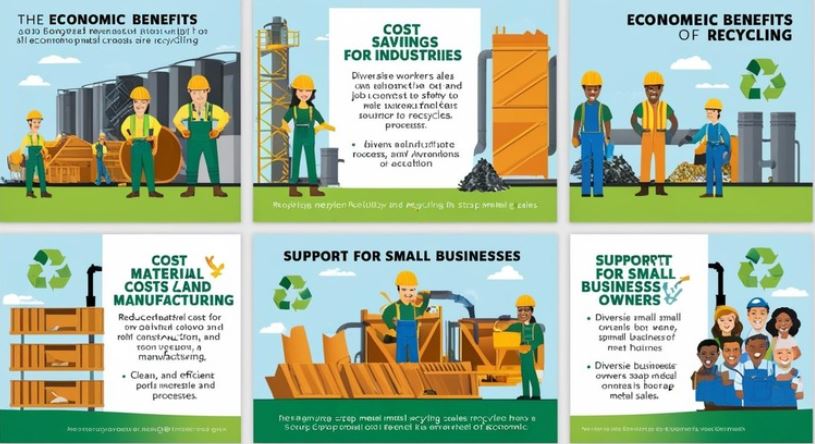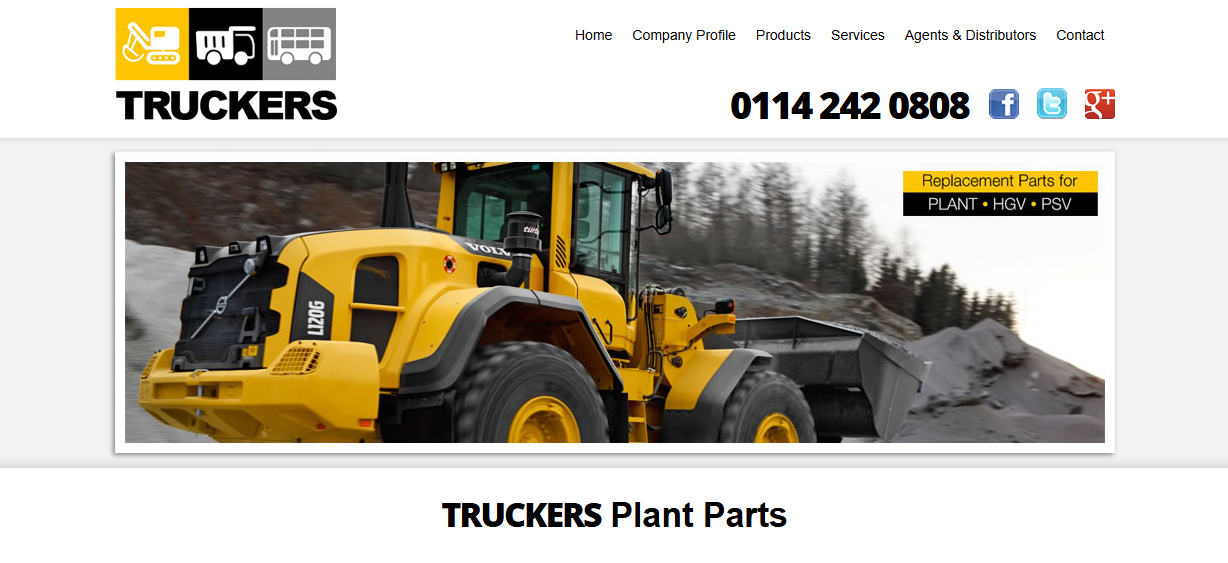
Scrap metal recycling is often celebrated for its environmental benefits, but its impact on local economies is equally significant. From job creation to supplying industries with affordable raw materials, scrap metal recycling plays an essential role in building a sustainable and thriving economy. Here’s how scrap metal recycling supports local communities and boosts economic growth.
1. Job Creation in Recycling and Processing Facilities
The recycling industry requires a diverse workforce, from collection specialists and truck drivers to workers in processing facilities. As demand for recycled metals grows, so does the need for labor, leading to job creation in local recycling centers and processing plants. These jobs provide steady employment for community members and help drive economic growth.
2. Lower Costs for Manufacturing and Construction Industries
Recycled metals cost less than newly mined metals, which helps manufacturers, builders, and fabricators lower their material costs. This cost-saving advantage is passed down to local businesses, allowing them to invest in growth and development while still supporting sustainable practices. Lower material costs can also lead to more competitive pricing for consumers, boosting the local economy further.
3. Support for Small Businesses
Scrap metal recycling isn’t limited to large companies – it’s also an essential source of income for small businesses, independent scrappers, and homeowners looking to recycle metal from household items or small construction projects. Recycling centers that accept small quantities of metal allow everyone in the community to participate, from single households to small businesses, benefiting local businesses and individuals alike.
4. Tax Revenue Generation for Communities
Successful recycling programs contribute to local tax revenue. As recycling centers, processing facilities, and related businesses thrive, they generate tax income that communities can use for public services, infrastructure, and other community needs. The recycling industry’s success directly benefits public resources and community development projects.
5. Sustainable Economic Growth
By reducing dependence on imported raw materials, recycled metal supports domestic industries, decreasing vulnerability to global market fluctuations. Sustainable growth through recycling builds a resilient economy that can weather changes in resource availability and material prices, keeping local industries stable and competitive.
6. Opportunities for Innovation
Recycling scrap metal often leads to technological and operational advancements in the recycling industry, with innovations in metal sorting, processing, and sustainable practices. These innovations can spread to other industries, creating local business opportunities and strengthening the community’s economic landscape.
7. Environmental Savings Contribute to Economic Health
The environmental benefits of recycling metal – like reduced landfill waste and energy savings – indirectly benefit the economy. Communities save money on waste management and pollution cleanup, and these savings contribute to a healthier environment and a healthier community overall.
8. Reduced Strain on Landfills and Resource Preservation
Recycling metal reduces the strain on local landfills, freeing up land for community use and decreasing landfill management costs. Conserving natural resources also means that communities are better positioned for long-term sustainability, which is essential for economic stability.
9. Skills Development and Training
Many jobs in the recycling industry involve technical skills, from sorting and processing to metal identification and machinery operation. These jobs provide employees with valuable skills that can lead to further opportunities in other industries, promoting workforce development and economic resilience.
10. Increased Community Engagement and Environmental Awareness
Scrap metal recycling raises awareness about sustainability, encouraging community members to participate in environmentally responsible practices. As community involvement grows, so does local support for initiatives that create more green jobs and environmental programs, furthering both economic and social development.
Scrap metal recycling is more than just an environmentally friendly practice – it’s a vital component of a healthy local economy. By creating jobs, supporting local businesses, and lowering manufacturing costs, scrap metal recycling drives economic growth while conserving resources. Communities that embrace recycling not only benefit financially but also foster a sustainable economy that supports both present and future generations.

